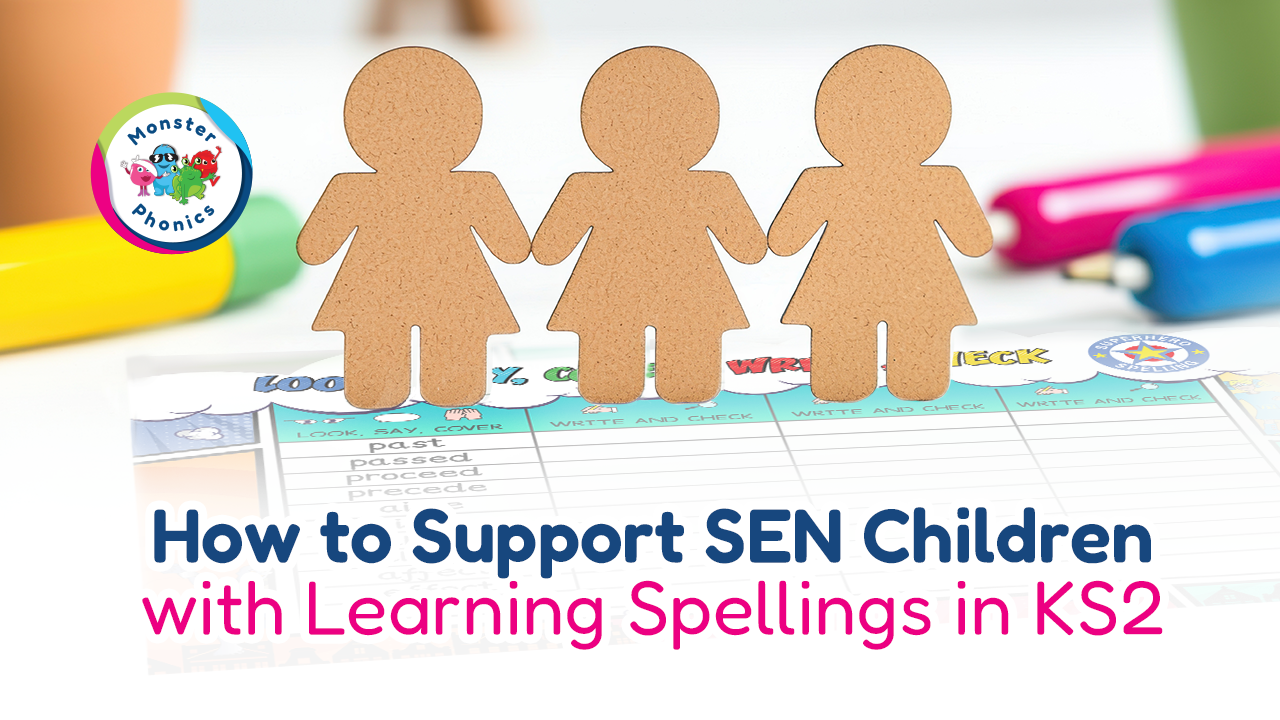In the UK, the DFE statutory words for Key Stage 2 refer to a list of essential words that children are expected to learn and be able to spell by the end of their primary education (around age 11). These words are part of the National Curriculum and are set by the Department for Education (DFE).
The words on this list are considered important for children’s development in spelling, writing, and reading. They include commonly used words that may not follow regular spelling rules and need to be memorised. They are split into 2 lists, each with 100 words on each, 1 for year 3&4 and the other for year 5&6.
In Key Stage 2 (ages 7–11), children are expected to:
- Learn to spell these words correctly.
- Use them accurately in their writing.
These words cover a range of topics, including everyday language, common prefixes and suffixes, and other words that children might encounter in their studies.
Why Are Statutory Words Important?
- They improve spelling and writing.
- They cover common tricky words children use every day.
- They help children write confidently in all subjects.
- They provide a foundation for secondary school writing.
Top Tips for Teaching Statutory Words
1. Break It Down
- Don’t teach the whole list at once! Focus on a small group of words at a time (e.g., 5–10 words).
- Group words by pattern or rule (e.g., words ending in “tion” like “action” and “nation”).
- Use spelling strategies like syllable chunking or word families (e.g., “able,” “stable,” “table”).
2. Use Multi-Sensory Techniques
- Encourage children to write the words out in different colours or on whiteboards.
- Let them say the words out loud while writing them.
- Use flashcards with words and definitions to increase familiarity.
3. Practice in Context
- Have children write sentences using the statutory words. This helps them understand the meaning of the words while reinforcing their spelling.
- Use the words in classroom displays, stories, or homework assignments to keep them visible and used often.
4.Use Mnemonics
- Create memory aids for difficult words. For example, for “necessary,” children could remember: “One Collar, Two Sleeves” (1 ‘c’ and 2 ‘s’s).
- For tricky spellings, have them repeat the rule in a fun way, like “i before e, except after c”.
5. Regular Review
- Make spelling practice a part of daily or weekly routines. Review previous words alongside new ones.
- Encourage peer review: pair children up to test each other on words.
6. Celebrate Success
- Praise children when they master tricky words. Positive reinforcement goes a long way.
- Create a Word Wall: Display statutory words prominently in the classroom for children to see and reference.
At Superhero Spelling we use a lot of the above strategies to support children’s learning and as memory aids, take a look at our programme on www.superherospelling.com
Written by Toni Evans- Literacy expert for Superhero Spelling

